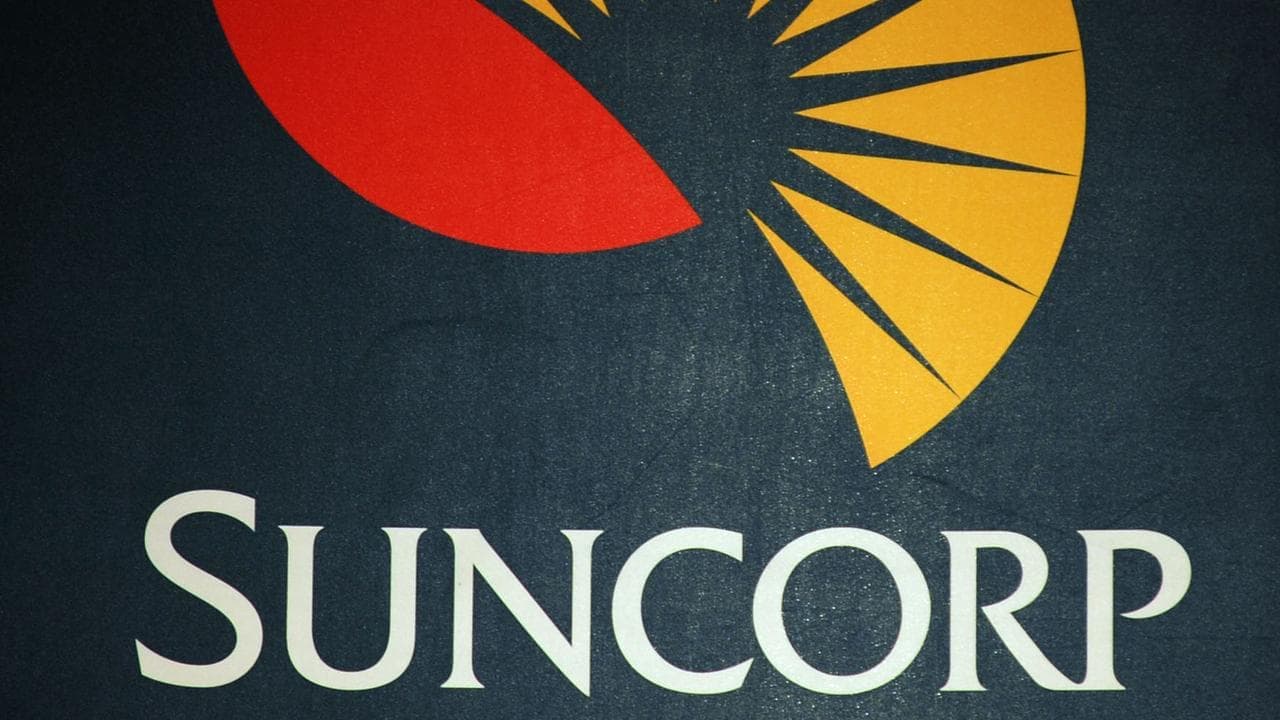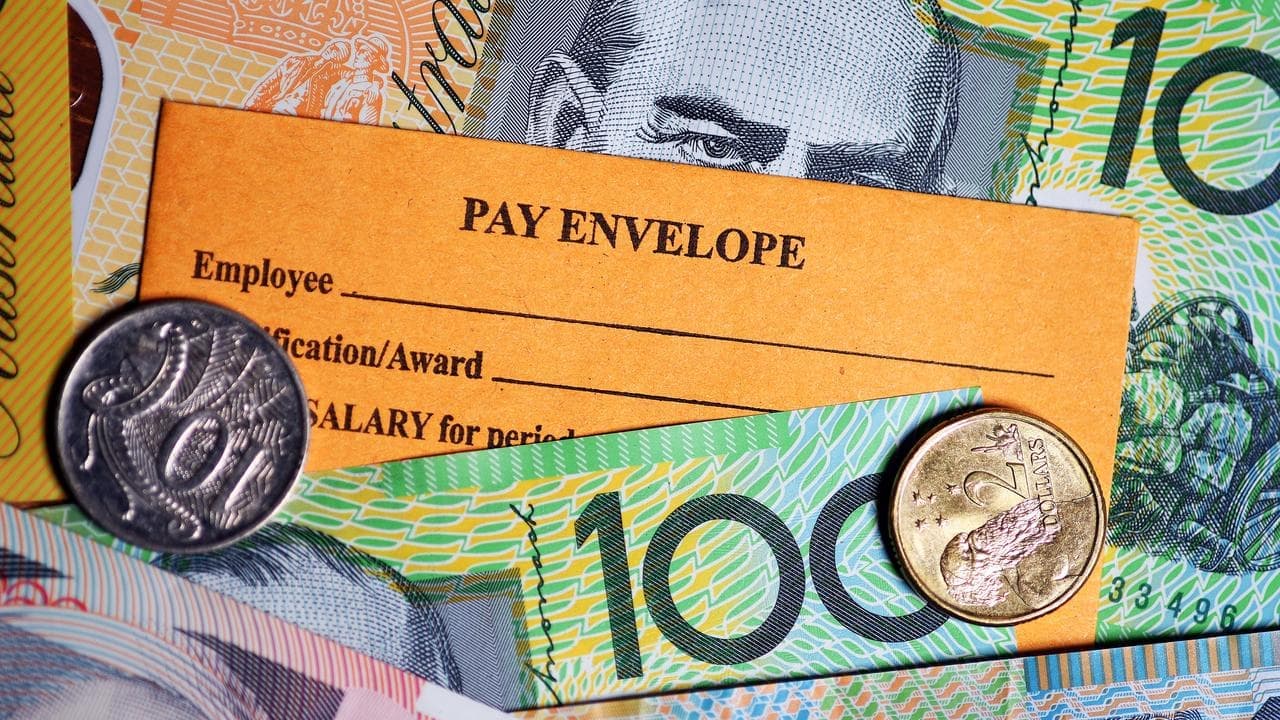WHAT WAS CLAIMED
Chewing watermelon seeds for 12 weeks can cure cancer.
OUR VERDICT
False. There is no evidence to support the claim.
AAP FACTCHECK - Chewing watermelon seeds every day for three months will not cure cancer, despite claims online.
While there is some evidence that compounds in watermelon seeds could target certain cancer cells, experts say there's no evidence chewing the seeds can cure cancer, and warn that doing so could be toxic for humans.
The claim is made in a Facebook post displaying pictures of watermelon seeds, with a caption that reads: "CURE FOR CANCER AND TURMOR [sic] NATURALLY."
"For any type of CANCER & Tumor; Chew 5-10 Seeds of SOURSOP or WATERMELON daily consistently for 12 weeks (3 Months). You can roast them or blend to powder to ingest with food or prepare as tea. Go for a test / scan afterwards!
"Here's a fact; 90% of seeds from all fruits CURES CANCER PERMANENTLY!"

The US National Foundation for Cancer Research says watermelon is a low-sugar, hydrating food that contains the antioxidant lycopene, which it describes as an "anti-cancer nutrient".
The foundation also says eating watermelon can benefit people diagnosed with cancer by helping manage free radicals and helping with dehydration and restricted fibre diets.
A 2004 Turkish study evaluated the anti-cancer potential of watermelon seed extracts against lung and breast cancer cell lines.
Researchers treated the cell lines in a laboratory with extracts from both the inner and outer parts of watermelon seeds.
The study suggested the potential of watermelon seed extracts as "promising anticancer agents" with "selective efficacy".
It concluded that further studies were needed "in vivo" (in a living organism), including on humans, to determine the true efficacy of watermelon seed extract as an anti-cancer agent.
When asked about the Turkish study, Michael Barton, a radiation oncologist at the University of NSW, said it was easy to cure cells in a test tube, where side effects on normal tissues and organs aren't a problem.
"Many drugs fail when they're brought into human testing because they aren't effective in humans, have intolerable side effects or aren't as good as existing treatments," Professor Barton told AAP FactCheck.
He warned that chewing seeds was "foolhardy", and could even be dangerous, due to uncertainty about the amount of active ingredient, which varies according to growing conditions.
"There may be other toxic chemical in the seeds," he said.
"Many seeds contain poison to stop animals using them as a food source."
At best, Prof Barton said, chewing seeds is harmless, though if it's done instead of known effective treatment, it's far more serious.
"At worst," he added, "it can be toxic."
University of Adelaide cancer researcher and retired oncologist Ian Olver said while watermelon seeds contain substances that could have an impact on cancer, the study did not prove chewing them could cure it.
"You cannot make a jump from a study of cancer cells in the lab to using it in humans," Professor Olver told AAP FactCheck.
Humans are complex in the way they deal with ingested substances, he pointed out, and getting the agents to the target cancer can be problematic.
It's impossible to know the dose and schedules needed to achieve to kill cancers in people from just cell studies, and "that is why the Turkish paper concludes with 'Further studies are needed ..." he said.

Cancer Council Australia chief executive Mark Nevin told AAP FactCheck he wasn't aware of "any credible scientific evidence" supporting the claim that chewing watermelon was an effective cancer treatment.
"If you get a cancer diagnosis, Cancer Council recommends you consult your medical practitioner before making a decision about any treatments, medicines or supplements," he said.
"We do not recommend that you delay or replace evidence-based medical care with alternative therapies."
Mr Nevin said watermelon could be part of a healthy, balanced diet that helped reduce the risk of developing cancer.
He noted that while a "miracle cure" for cancer is often sought, the term "cancer" refers to at least 100 different diseases, so there's no one-size-fits-all approach to treatments.
"It's becoming increasingly difficult for people to make well-informed decisions about cancer prevention, treatment and care amidst health misinformation, which is widespread online," he said.
"These decisions can have life-altering consequences."
The Cancer Council is helping dispel rumours and fanciful claims about cancer with iHeard, a website through which people can seek evidence-based answers to queries.
AAP FactCheck has previously debunked a claim that soursop is stronger than chemotherapy and can kill human cancer cells.
AAP FactCheck is an accredited member of the International Fact-Checking Network. To keep up with our latest fact checks, follow us on Facebook, Instagram, Threads, X, BlueSky, TikTok and YouTube.












